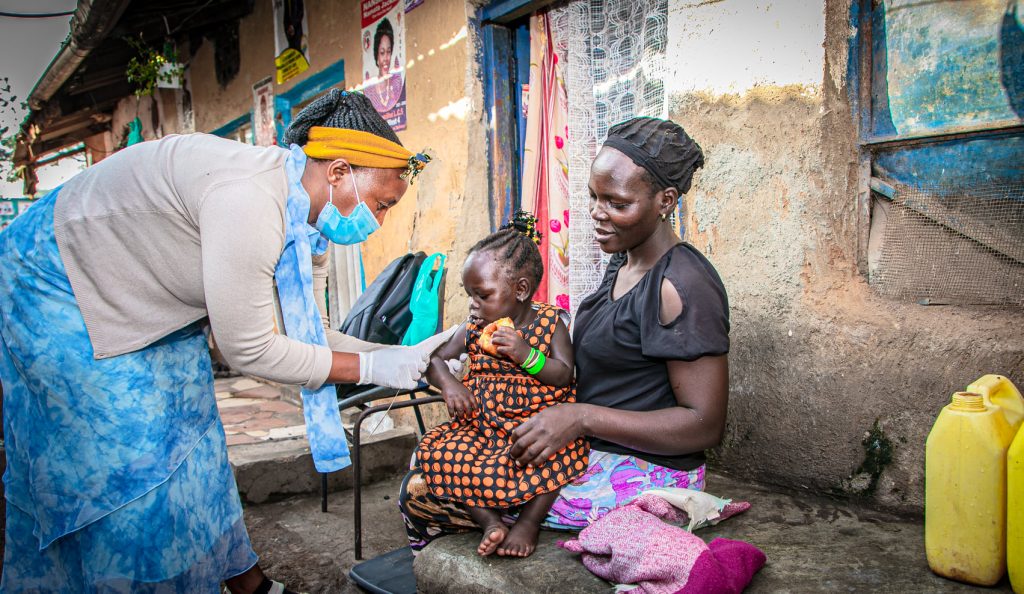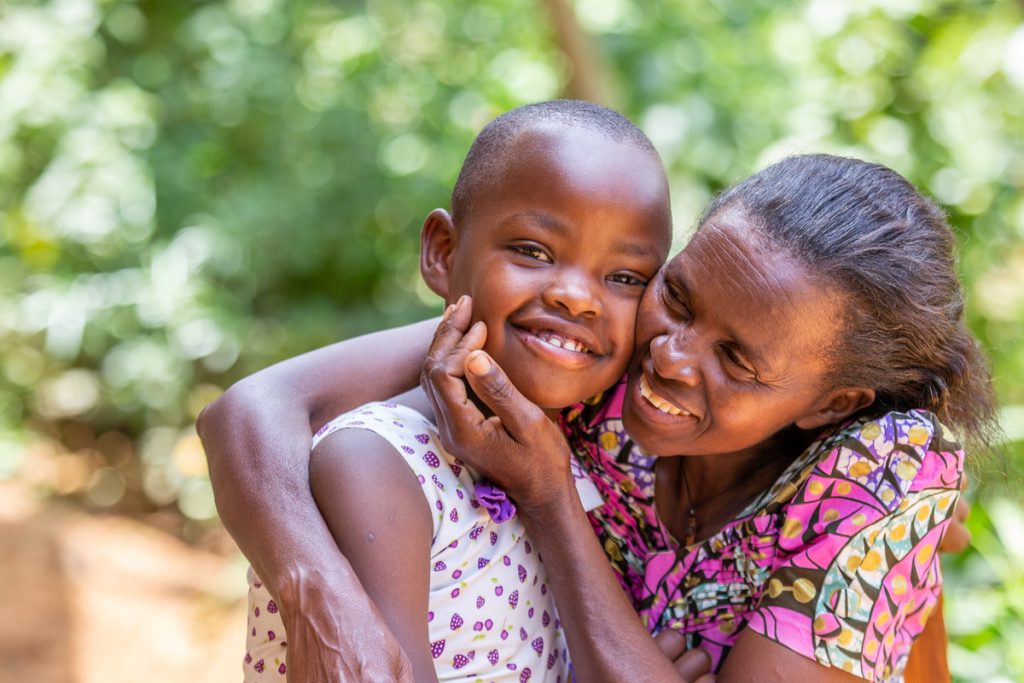“After my dad passed away my mum could not look after me with the little resources she has; hence I was taken to an institution. Many times I felt stigmatized, I felt isolated from the outside world.”
Young person who lived in a children’s home in Kenya
On Saturday 16th of June the world will be marking the Day of the African Child. This year’s theme is, “Leave No Child Behind”, which is derived from the Sustainable Development clarion call to “Leave No One Behind” The theme implies that development policies and programs need to take keen interest on populations that are often overlooked in development agenda.
One category of children quickly comes to mind; children in orphanages, often referred to as children’s homes in Kenya. It is estimated that 45,000 children are in children’s homes in Kenya. The numbers could be much higher considering the sprawling numbers of unregistered and unregulated children’s homes. Other sources indicate that between 30-45% of the 2.4 million orphaned children or 720,000-1,080,000 end up in children’s homes, notwithstanding the fact that orphanhood is not the only factor that makes children vulnerable. This lack of credible disaggregated data on the number of children’s homes, the number of children and the state of care therein is clear evidence as to how overlooked this category of children is.
As the old saying goes “Out of sight out of mind” so are these children in as far as protection from abuse, neglect and exploitation is concerned. If consistent media reports on abuse and exploitation of children in children’s homes is to go by, then Kenya could be staring at a crisis of significant proportions. This situation looks even gloomier if it is juxtaposed against research findings that violence against children in children’s homes, is six times higher than in family environments.
Furthermore, children’s homes by their nature encourage exclusion of children from families and communities, in addition to other proven adverse psychological, social, behavioral and intellectual impacts. Indeed, studies have demonstrated that young people who have spent time in orphanages are some of the most excluded groups of young people and likely to be homeless, at high risk of becoming teenage parents, have inferior educational achievements and opportunities, experience greater levels of unemployment, and more likely to have antisocial behavior.
With the steady increase in the number of often unscrupulous children’s homes, it is evident that the country risks a free flow of orphaned and vulnerable children from families and communities which consequently limits their potential to meaningfully contribute to national development and perpetuates intergenerational cycles of poverty and inequality. In essence, this will deal a major blow to the prospects of Kenya enjoying increased development when the current generation of children who make up over 50% of the population, become of working age . This development potential is well articulated in a 2014 UNICEF report titled: Generation 2030: Child Demographics in Africa, which notes that “Investing in children will be paramount for Africa to realize the rights of its burgeoning child population and reap a potential demographic dividend”. The report further points to the need for national development plans to take into account shifts in child population and support better data systems.
It is in this context that more focus should be put on reforming of childcare and protection systems from being institutional to being family and community based. This will stop the unmitigated flow of children into orphanages and re-channel scarce resources to more sustainable family and community based development solutions.
The Day of the African Child therefore presents all development and child protection stakeholders with an opportunity to renew their support and commitment to the ongoing government initiative towards deinstitutionalisation and care reform in the country. This has seen the launching the Guidelines for the Alternative Family Care of Children in Kenya alongside the Minimum Standards for Charitable Children’s Institution in Kenya in 2015, the moratorium on the registration of new charitable children institutions (children’s homes) in Kenya as well as the recent launch of the Guidelines for the Alternative Family Care of Children pilot project in Kisumu.
At Child in Family Focus-Kenya, we support this government initiative through our advocacy work targeting policymakers, donors, owners, managers and staff of children’s homes. We also engage, build the capacity and offer support to children’s homes that are willing or in the process of transitioning from institutional care to family and community care.


